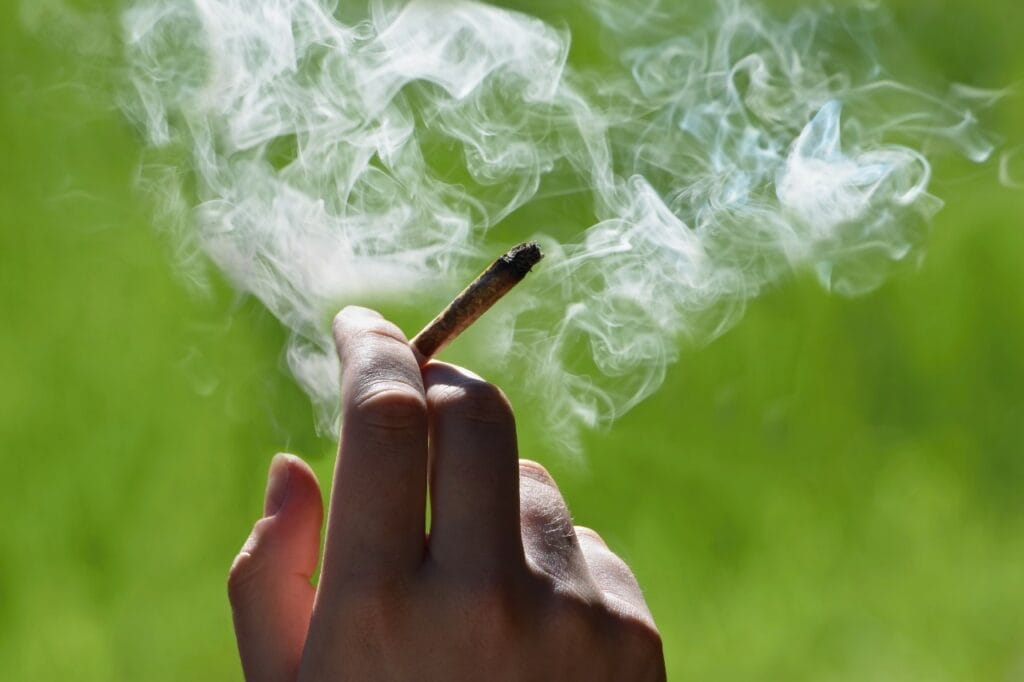Legal cannabis will bring health benefits, racial justice and personal freedom
While it’s clear that opinions are changing about marijuana legalization, it’s equally clear that those who oppose its full legalization are clinging to reasons to justify their position that are false, antiquated and even dangerous.

A January 2019 Marquette University Law School Poll demonstrates the changing attitudes: 59% of Wisconsinites polled support legalization, while only 35% oppose it. In September 2014, the last time Marquette polled on the issue, 51% were against legalization, while 46% were in favor. Why the change?
Groups, including most prominently the National Organization for the Reform of Marijuana Laws (NORML) and the Libertarian Party, have expanded their messages in support of legalization not only for the sake of personal freedom but also for the benefit of opioid addicts, especially military veterans who are overprescribed opioids upon return from Iraq and Afghanistan.
Advocates also have promoted the facts about hemp production as an economic boon and the tax revenue gains for states that have legalized. In addition, advocates and their supporters have pointed to cannabis-related health benefits, such as those from CBD oil.
To further the legalization discussion, many of us who ran for office in 2016 and 2018 pointed out the vast racial disparity in arrests, prosecutions and prison sentences between blacks and whites for cannabis-related offenses, costing billions of taxpayer dollars nationally on enforcement.
While marijuana use among blacks and whites is fairly equal, blacks are nearly four times more likely to be arrested for possession. Wisconsin data show the disparity exists here: Prison admissions in 2016 for marijuana offenses were higher for black offenders than white offenders.
Gov. Tony Evers, in his biennial budget, proposed decriminalizing the manufacture, possession and distribution of marijuana in amounts of 25 grams or less, and allowing people who have completed sentences or probation for those crimes to have their records expunged.
“Too many people, often persons of color, spend time in our criminal justice system just for possessing small amounts of marijuana. That doesn’t make our communities stronger or safer,” Evers said in February.
While public opinion has shifted, why haven’t opponents acknowledged that the right, just and fair course is full legalization? Many opponents, mostly Republicans and conservatives, are still committed to and labor under false and dangerous ideas.
Misconceptions on risk
One is that marijuana is more harmful to a person’s health than substances that are legal, such as alcohol and tobacco. This claim has been shown to be false.
According to a study that quantitatively measured the risk of dying after long-term recreational use of 10 substances, “alcohol was at the highest-risk and cannabis at the lowest-risk end,” said lead author Dirk Lachenmeier. The findings, published in Scientific Reports in 2015, suggested that the risk of cannabis was “overestimated in the past,” while the risk of alcohol was “commonly underestimated.”
Another misconception is that marijuana is a “gateway” drug. The only reason that marijuana use sometimes leads to the use of “harder” drugs is because it’s illegal — it is necessary to engage in criminal activity to obtain it.
In actuality, evidence shows that legal use of prescription opioids and alcohol has a greater likelihood of leading to illegal use of opioids, and related criminal activity, than marijuana use. And, as the National Institute on Drug Abuse points out, the majority of people who use marijuana do not go on to harder drugs.
Another response often used by legalization opponents is an ad hominem fallacy. Rather than attempt to refute the massive amount of scientific and legal data, and personal testimony and experience offered in support of legalization, opponents say that advocates are just “potheads” or support legalization merely so they can get high. (The utter hypocrisy is lost on these folks. They assuredly don’t want beer made illegal and would fight vigorously if prohibition laws were ever proposed again.)
It is likely that a person familiar with cannabis and its benefits would advocate for legalization whether their personal experience stemmed from smoking marijuana, using CBD oil or just reading about it because they’d be less likely fooled by the propaganda and misinformation.
Lastly, a sizable portion of the voting public and elected officials believe it is their right to decide how everyone lives — not just their right but their responsibility. This egotistical attitude is not confined to one political party, nor just on the cannabis legalization issue, but it is on full display here.
Many people believe that they need to keep cannabis away from the public because the masses apparently are just too morally weak or stupid to make their own decisions. How insulting to the spirit of mankind, the freedoms espoused in the Declaration of Independence and the whole idea of a government by, of and for the people.
Cannabis is a plant, with a multitude of industrial, medical and recreational uses — all of which are superior to what is currently legal.
Marijuana isn’t 100% safe, but neither is butter. While it is true that plant breeding has produced more potent strains of marijuana in recent years, even the most potent strains have yet to result in a death from overdose, whereas the increase in the potency of cocaine derivatives and perhaps even alcohol content in some drinks likely has.
It is time to end the war on pot, which enriches criminals and puts innocent people in jail, all at a huge cost to taxpayers.
It is time to fully legalize. Cannabis never should have been illegal in the first place.
Phil Anderson of Fitchburg is a real estate broker, a member of the Libertarian National Committee and chair of the Libertarian Party of Wisconsin. He was the libertarian candidate for governor in 2018.
► Opposing view: The harmful effects on health and society outweight any potential benefits





